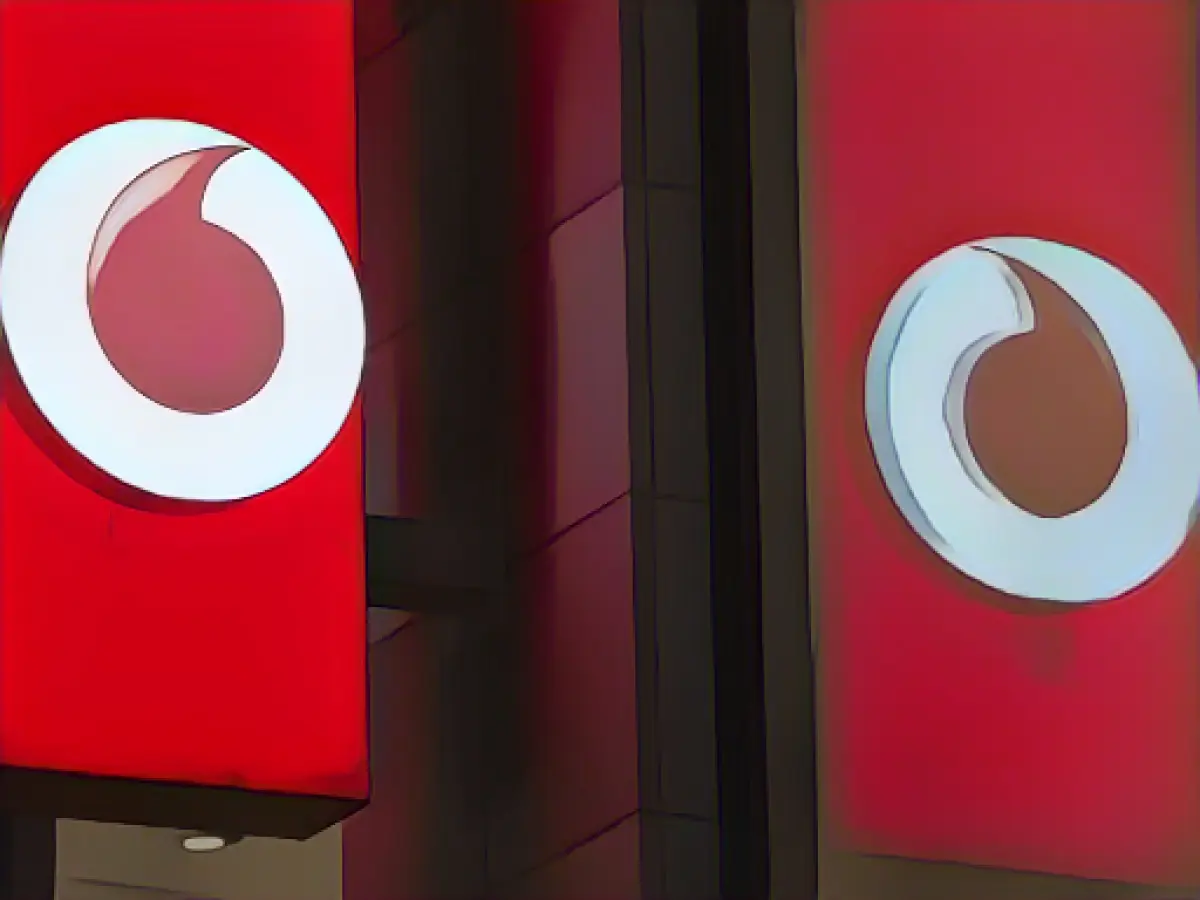Vodafone: New 5G technology saves a third of power consumption
Vodafone will introduce a new technology for 5G mobile coverage in rural areas in Germany that uses up to 40 percent less power. The telecommunications provider announced in Düsseldorf on Thursday that the transmitters and receivers for different area frequencies (900, 800 and 700 megahertz) will be bundled into one system in the control center at the base of a mobile station. The technology partner is the Swedish equipment supplier Ericsson.
"By bundling the active technology, the stations now transmit at full power with 32 to 40 percent less power," said Philippe Rogge, Head of Vodafone Germany. Following successful tests in North Rhine-Westphalia, Vodafone is now gradually activating the technology in the network. "This is good for smartphone users in rural areas and good for our planet."
According to Vodafone's calculations, the annual energy requirement per mobile phone site can be reduced by more than 2,500 kilowatt hours (kWh). This is roughly equivalent to the annual energy requirement of a two-person household. If the technology is activated on a large scale at several thousand stations in the network, around 20 million kilowatt hours of electricity could be saved each year. At the same time, stable and reliable grid coverage would also be strengthened in rural regions.
This new 5G technology from Vodafone, which saves up to 40% power, could lead to significant energy savings in the telecommunications sector. Specifically, annual energy requirements per mobile phone site could decrease by over 2,500 kWh, equivalent to a two-person household's energy usage. Moreover, the reduced energy consumption could have a positive impact on the environment, as less power is needed for telecommunications operations, potentially contributing to lower carbon emissions related to internet usage.
Source: www.dpa.com








